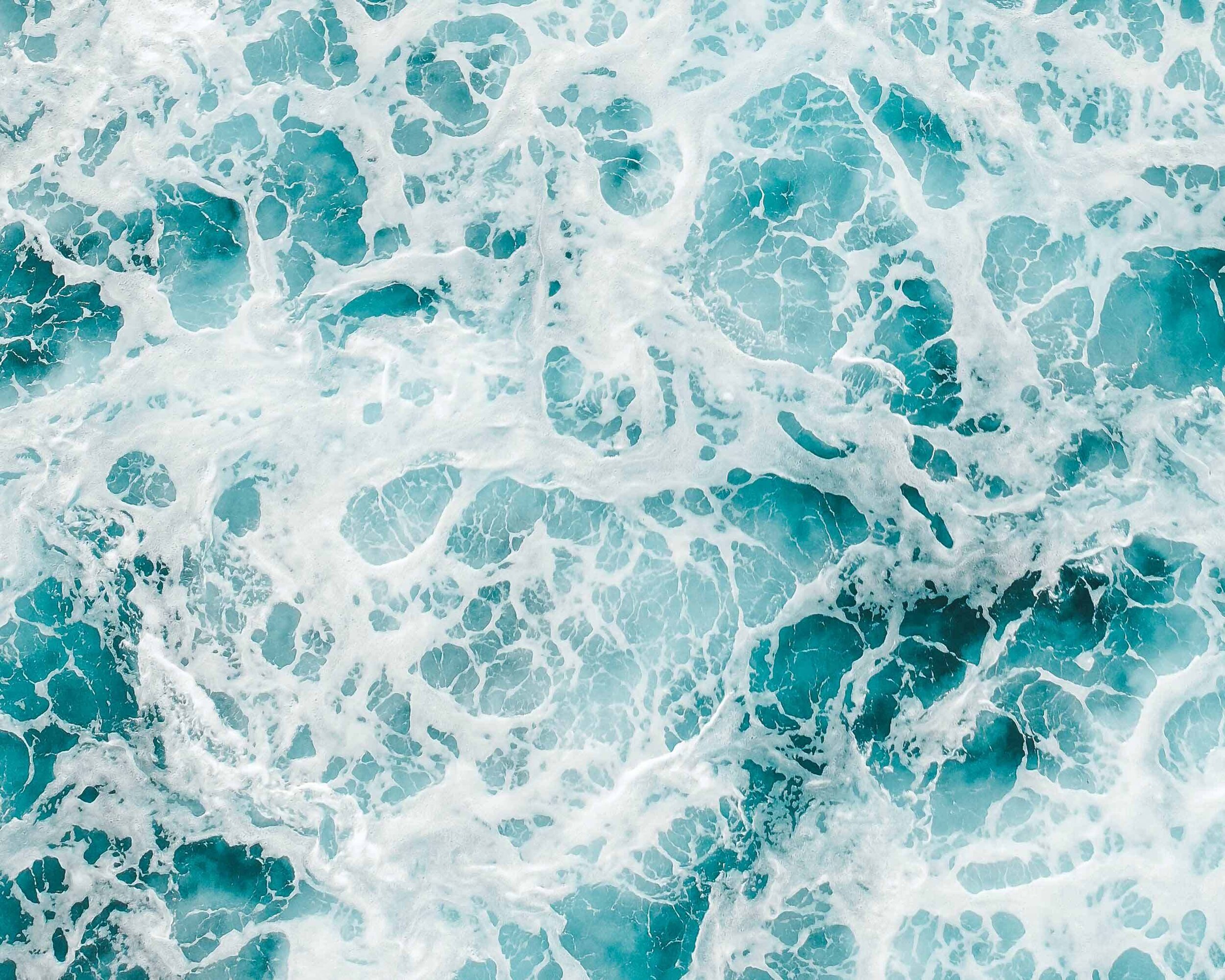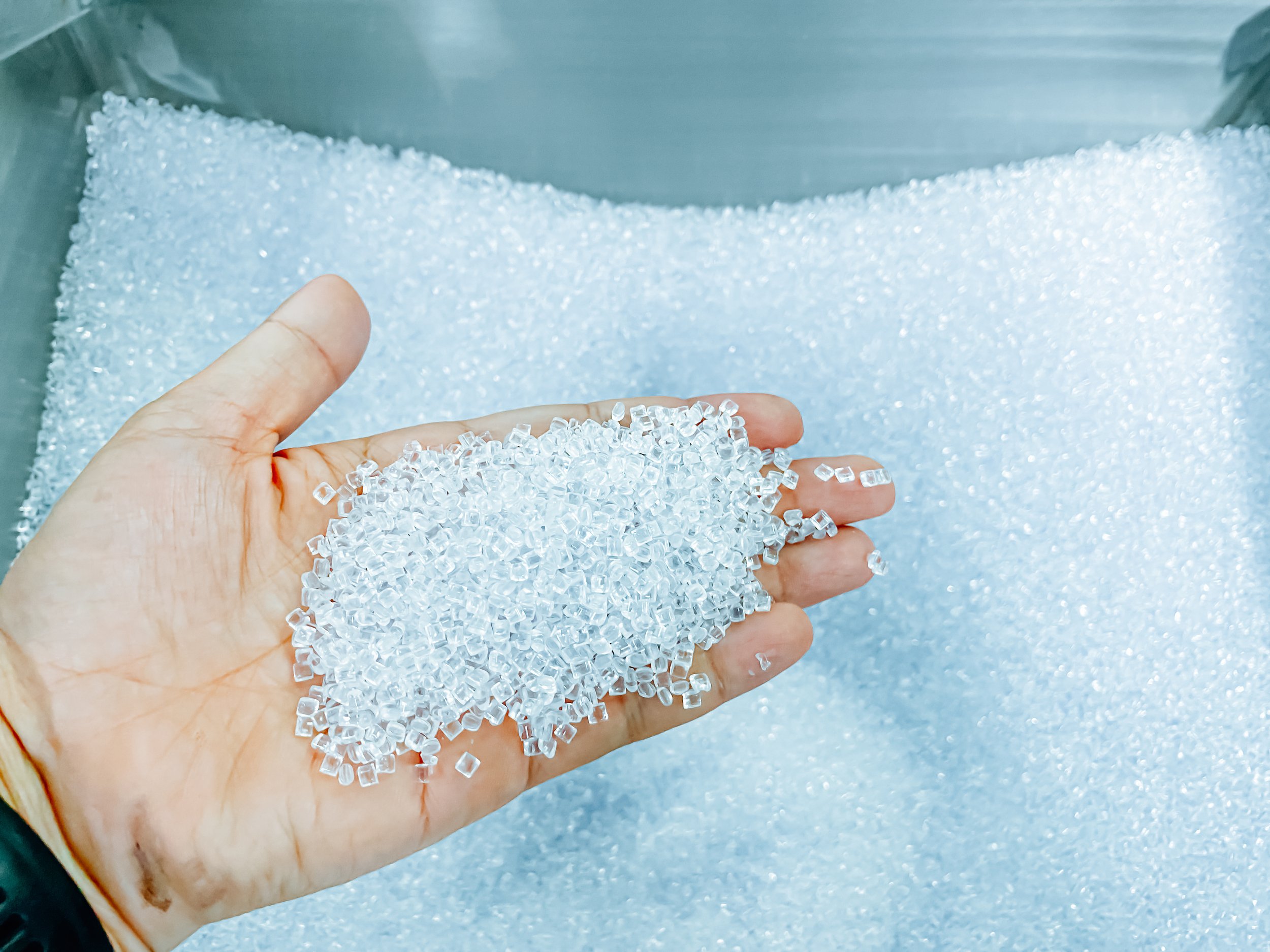Plastic Pellets
Plastic pellets are small but major pollutants found across the world in both freshwater and marine environments. In water and on land, the pellets do not degrade but absorb persistent organic pollutants, poisoning seabirds, turtles, fish and whales that mistake the plastic pellets for food.
Plastic pellet pollution comes primarily from factories and storage locations, but they also present a risk when shipped in containers across the globe by land and sea.
WSC is working through the IMO to reduce the risk of plastic pellets escaping during transport. We propose that plastic pellets are classified as a hazardous substance, which would require more detailed information to carriers and improve handling and packaging of pellets in containers by shippers, and should also reduce misdeclaration and non-declaration of plastic pellets.
Designating plastic pellets as dangerous goods would improve the way they are handled in production and packaging facilities, as well as across the supply chain. Voluntary guidelines help, but to stop plastic pellets spreading to the environment we need clear mandatory requirements at a global level.
Download:
Proposal to designate plastic pellets as a hazardous substance in line with the IMDG Code (Submitted to IMO PPR 9 by Cook Islands, Jamaica, Monaco, Norway, Palau, United Arab Emirates, Vanuatu, ICS, SPREP and WSC; PPR 9/15/1)


